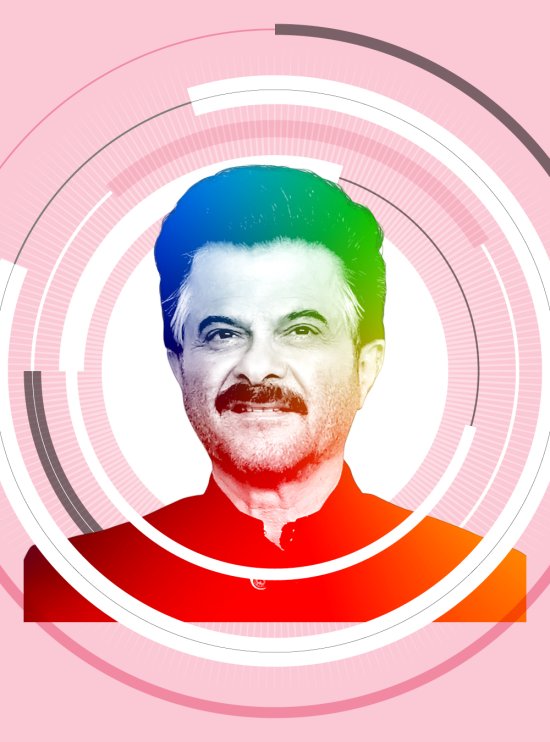
Around the same time that SAG-AFTRA members were fighting big Hollywood studios over the use of their AI replicas without consent and compensation, one of India’s most famous actors was fighting a similar battle. Anil Kapoor won a landmark victory in a New Delhi high court in September over unauthorized AI use of his likeness. “Every actor has the right to protect themselves,” Kapoor told Variety.
The actor, who starred in the Oscar-winning movie Slumdog Millionaire and many Bollywood films, took up the case after a large number of distorted videos, gifs, and emojis bearing his likeness began circulating online. He also sought protection over the use of his iconic phrase, “jhakaas,” or “awesome” in Hindi—first uttered in the 1985 Hindi film, Yudh. The court ruled in his favor by restraining the 16 defendants from using, in any manner, “Anil Kapoor’s name, likeness, image, voice or any other aspect of his persona to create any merchandise, ringtones … either for monetary gain or otherwise.”
[time-brightcove not-tgx=”true”]Bollywood is one of the world’s largest film industries, rolling out more than 1,500 movies every year. But Kapoor’s ruling comes at a time when the industry is grappling with how to regulate the misuse of AI. Last year, uncanny deepfake videos of popular female Indian actors including Alia Bhatt and Rashmika Mandanna went viral, while AI-generated videos of Indian actors Aamir Khan and Ranveer Singh alarmed the country during this year’s Indian election, where they appeared to criticize Indian Prime Minister Narendra Modi.
Kapoor’s victory has also paved the way for others to seek protection over their personality rights. In July this year, the Bombay High Court granted interim relief to popular Indian singer, Arijit Singh, noting that using his voice without permission was a legal violation. The case was heard after unauthorized AI platforms mimicked Singh’s name and likeness without consent, with one platform even using text-to-speech software to convert text into his voice. — Astha Rajvanshi